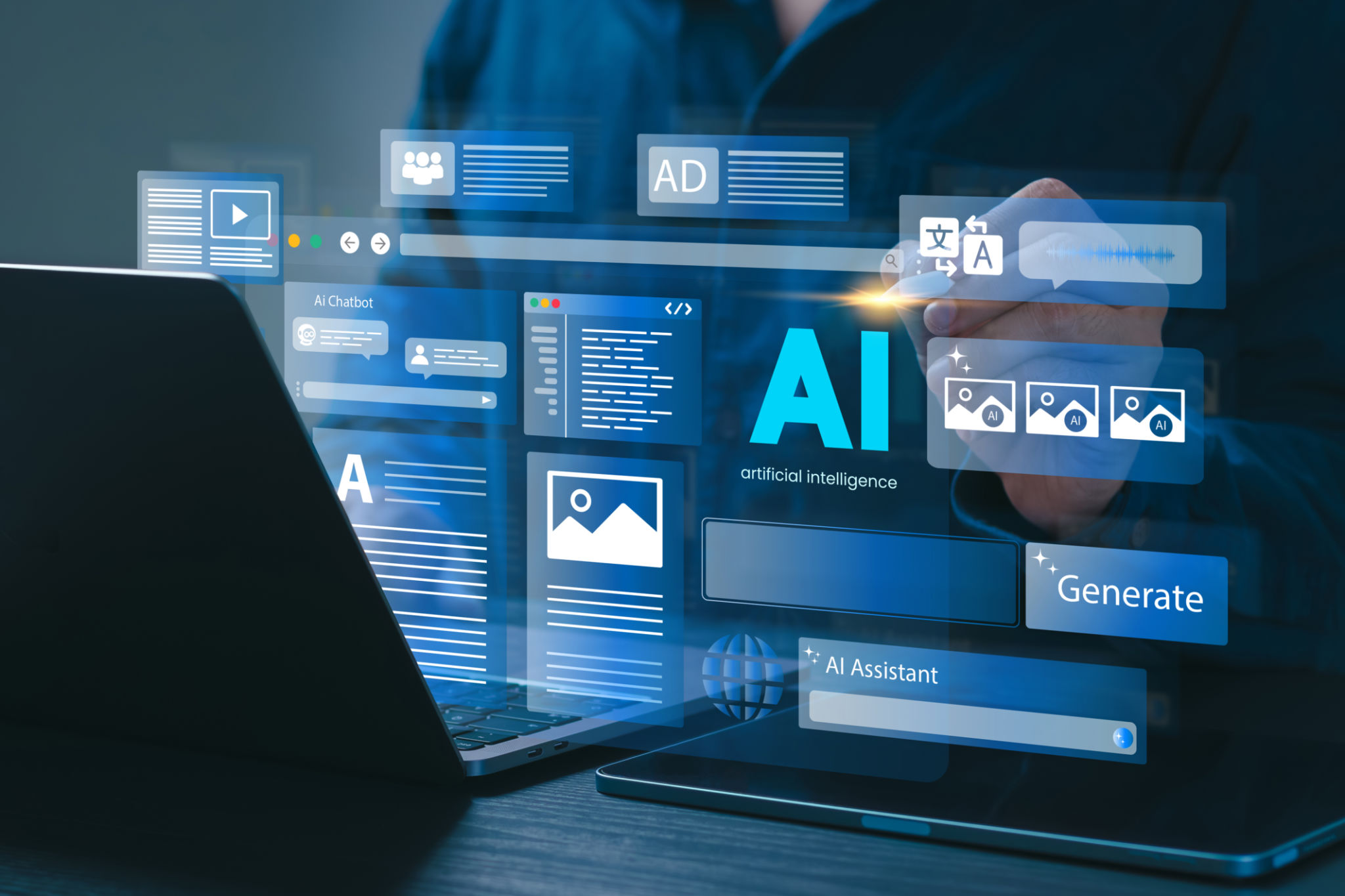A Comparison of Top AI Platforms: Which is Right for You?
DW
As businesses and developers increasingly look to integrate artificial intelligence into their operations and products, the selection of the right AI platform becomes critical. With numerous options available, each offering unique features and capabilities, it can be challenging to decide which platform best suits your needs. In this blog post, we'll explore some of the top AI platforms available today, highlighting their key features and use cases to help you make an informed decision.
Google Cloud AI
Google Cloud AI offers a comprehensive suite of machine learning tools and APIs that cater to a wide range of applications. From pre-trained models to custom model training, Google Cloud AI provides solutions for both beginners and experienced data scientists. Its integration with other Google services, such as BigQuery and TensorFlow, makes it a powerful choice for businesses looking to leverage Google's extensive infrastructure.
Key Features
- Pre-trained models for common use cases such as image recognition and natural language processing.
- Customizable machine learning models with AutoML for more specific needs.
- Seamless integration with Google’s data analysis and visualization tools.

Microsoft Azure AI
Microsoft Azure AI is another leading platform offering a diverse set of AI services. Known for its robust cloud computing capabilities, Azure AI provides tools for building, training, and deploying machine learning models at scale. It also offers cognitive services with pre-built APIs for vision, speech, language, and decision-making to accelerate development processes.
Key Advantages
- Comprehensive integration with Microsoft products like Office 365 and Dynamics 365.
- Advanced machine learning capabilities with Azure Machine Learning Studio.
- Strong security features and compliance with industry standards.

Amazon Web Services (AWS) AI
AWS AI is a leading choice for businesses seeking scalable and reliable AI services. It offers a wide range of machine learning tools and pre-trained models through its SageMaker platform, allowing users to build, train, and deploy models quickly. AWS's powerful infrastructure supports high-performance computing tasks, making it ideal for large-scale AI projects.
Notable Features
- Comprehensive support for various machine learning frameworks, including TensorFlow and PyTorch.
- Scalable resources to handle demanding computational workloads.
- A rich ecosystem of AI services like AWS Rekognition for image analysis and AWS Polly for text-to-speech conversion.

IBM Watson
IBM Watson stands out for its focus on natural language processing and understanding. It's designed to help businesses automate processes, enhance customer interactions, and derive insights from unstructured data. Watson's ability to analyze text, audio, and visual data makes it a versatile choice for industries such as healthcare, finance, and customer service.
Main Benefits
- Advanced NLP capabilities that support multiple languages.
- User-friendly interfaces for building conversational agents and chatbots.
- Integration capabilities with on-premise systems and cloud environments alike.

In conclusion, choosing the right AI platform depends heavily on your specific requirements and existing infrastructure. Google Cloud AI is excellent for those deeply integrated into the Google ecosystem, while Microsoft Azure AI is perfect for businesses leveraging Microsoft products. AWS AI offers scalability that suits large projects well, and IBM Watson provides specialized tools for natural language processing tasks. Assessing these platforms' strengths in relation to your goals will guide you toward the best choice for your AI journey.